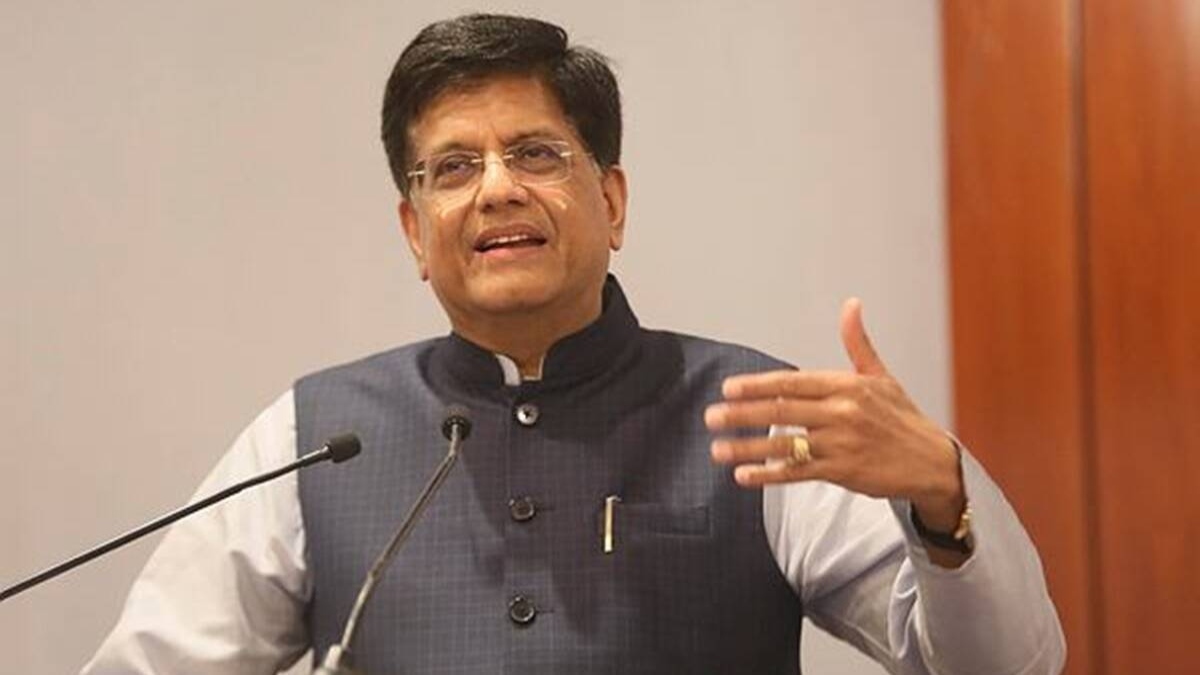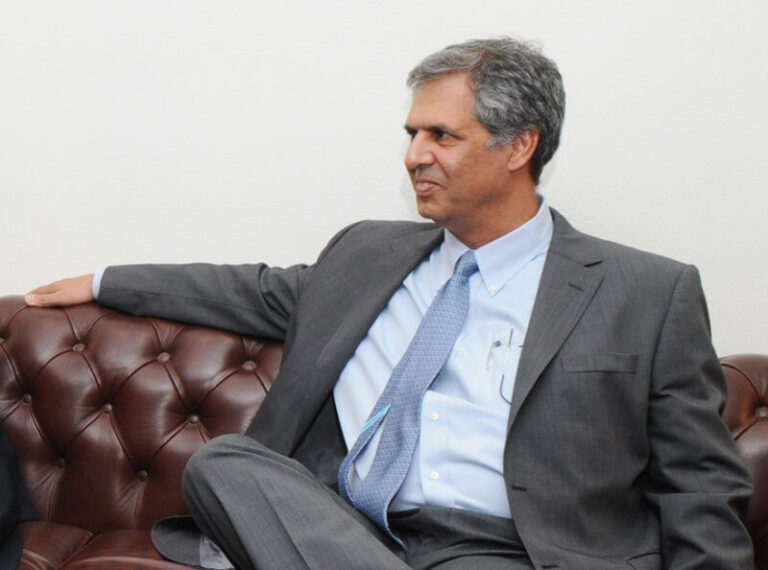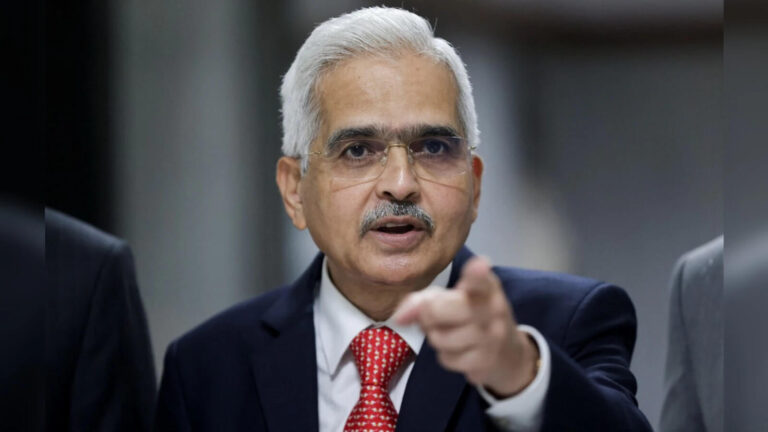New Delhi: The government has identified 300 legal provisions for potential decriminalization through interministerial consultations, aiming to reduce the compliance burden under Jan Vishwas 2.0. This move is expected to provide a significant boost to the manufacturing sector, according to Commerce and Industry Minister Piyush Goyal.
With the Make in India initiative marking its tenth anniversary on Wednesday, Goyal clarified that the programme was not built on a China-plus-one strategy or an “Anywhere-but-China” policy. Instead, it was designed with a vision to bring manufacturing to India, create jobs, and foster entrepreneurial opportunities.
The Make in India initiative, launched on September 25, 2014, was aimed at facilitating investment, building world-class infrastructure, and transforming India into a hub for manufacturing, design, and innovation. “At that time, there was no China-plus-one strategy or anti-China sentiment. We’ve achieved success despite two wars and two years lost to COVID,” Goyal said.
Highlighting the government’s zero tolerance for corruption, the minister noted that this stance has played a crucial role in attracting record levels of foreign direct investment (FDI) year after year. However, Goyal ruled out any immediate changes to India’s FDI policy.
In the ten years up to FY24, FDI inflows more than doubled to $667 billion, compared to $304 billion in the previous decade (FY05-14), with over 90% of these inflows received through the automatic route. “The culture to attract and promote manufacturing in India is now firmly established. It’s a big win,” Goyal said, adding that production-linked incentive (PLI) schemes have provided a boost to 14 key sectors. “Our ambition is for every electronic device to contain a Make in India component.”
Entrepreneurial Spirit and Industrial Growth
Goyal also emphasized the need for greater entrepreneurial action among the youth to further the Make in India initiative. “In the coming days, we will focus on outreach to the youth of India, offering opportunities and helping them turn their ideas into reality. We will collaborate with the education and skill development ministries to support young entrepreneurs in their journey,” Goyal said.
He acknowledged that India would need to accelerate its growth to raise manufacturing’s contribution to 25% of GDP. “We are the fastest-growing economy in the world. To maintain that pace, we need significant growth in manufacturing. Our goal is to achieve 25% of GDP from manufacturing, which will require growing at one and a half times the rate of economic growth,” he added. Currently, manufacturing accounts for around 17% of India’s GDP.
“Our vision is that by 2047, during the Amrit Kaal, India will emerge as a manufacturing powerhouse,” Goyal said. He further noted that the government is actively engaging with both local and international investors. “It is incredible to witness the enthusiasm and speed at which large investments are being made,” he remarked.
Key initiatives such as the National Logistics Policy, the national single window system, and the Jan Vishwas (Amendment of Provisions) law, which decriminalizes 183 provisions across 42 legislations, have played a crucial role in promoting the “Vocal for Local” agenda.
“Make in India is a continuous journey. You can expect several new initiatives soon. Our focus is on taking significant steps to encourage entrepreneurship, investment, and startups. Traditional sectors such as handicrafts, handloom, and textiles will also receive a boost,” Goyal concluded.









